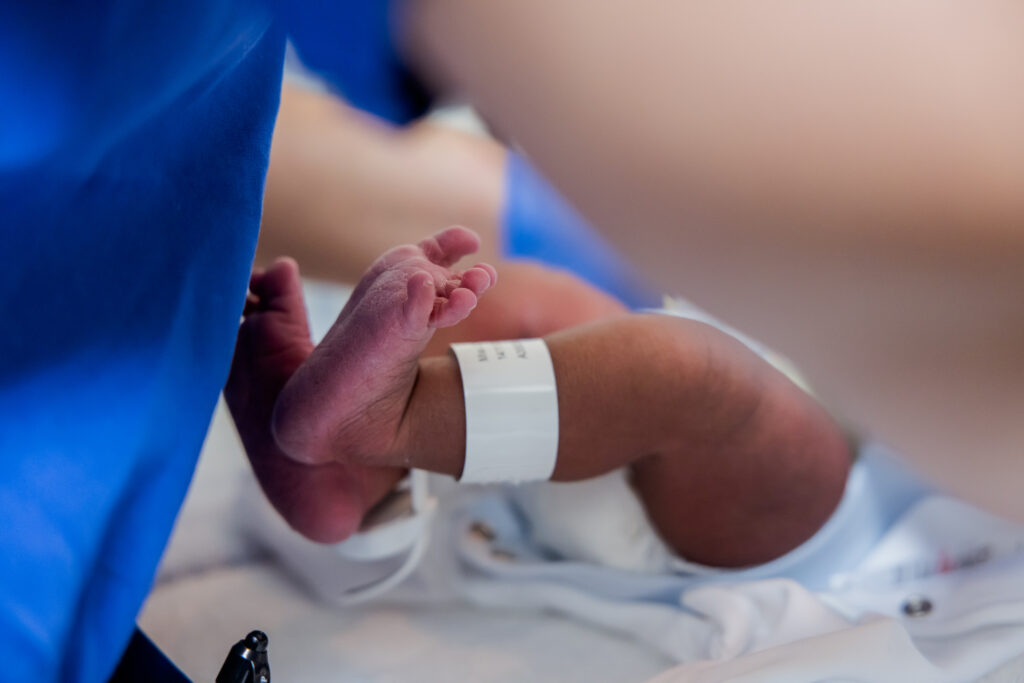The US state of Connecticut is creating a certification programme to make doula care more accessible in a bid to close the gap in maternity care disparities for Black women.
In Connecticut, Black women are 2.6 times more likely to die within six weeks following childbirth than White women.
A person with state doula certification will be able to receive reimbursement from HUSKY, the state’s Medicaid programme, for their services.
President and CEO of the Connecticut Health Foundation, Tiffany Donelson, said: “No person should have a bad birthing experience, let alone face the possibility of mortality due to childbirth. And that’s what we want is a state where individuals are able to have the best birthing experience.”
Research has shown that doulas being present can reduce the likelihood of birth complications and increase breastfeeding rates. The certification for doulas aims to create a set of standards for the workforce.
A bill was signed last month into law to create a Doula Advisory Committee within the Department of Public Health.
The Doula Advisory Committee will be made up of doulas, midwives and allied health professionals to develop qualifications for this certification.
A certified interdisciplinary doula, Cynthia Hayes, said: “We have to get community input. We have to let them know we’re here and why we’re here because I think that can only be successful if we have community buy-in, not only for those who will utilize[sic] the services but also for those who want to become certified doulas.”
As well as doula certification, the Connecticut Department of Social Care is looking to adopt a maternity care bundle, supported through HUSKY, which will pay for a wide range of maternity care from prenatal to postpartum, including doulas and breastfeeding services which is due to launch in January 2023.


